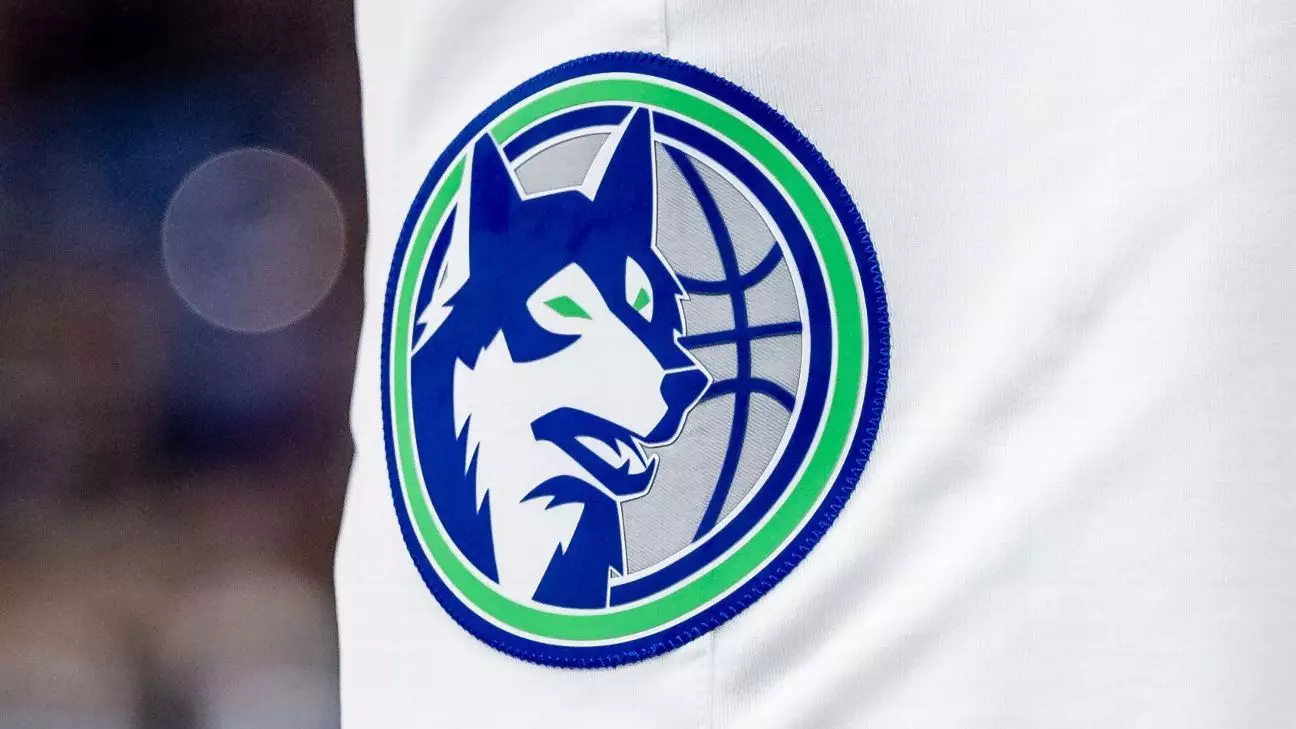The ongoing saga surrounding the ownership of the Minnesota Timberwolves and Lynx has taken a dramatic turn with a ruling in favor of prospective owners Marc Lore and Alex Rodriguez. The decision by a three-member arbitration panel marks a pivotal moment in a contentious sales negotiation with current owner Glen Taylor. The path ahead is fraught with uncertainty, as it involves not only legal complexities but also the need for approval from fellow NBA governors, setting the stage for a potential power struggle that could redefine the franchise’s future.
The roots of this dispute extend back to 2021 when Taylor agreed to sell an 80% stake in the teams to Lore and Rodriguez for a staggering $1.5 billion. This acquisition, which Taylor envisioned as a phased process, has since devolved into legal tensions over contract interpretations and payment timelines. The arbitration panel determined that Taylor had breached the sales agreement by prematurely declaring that Lore and Rodriguez had defaulted on a significant $600 million payment. This claim not only jeopardized the purchase but also ignited discussions about control and governance within the franchise.
Lore and Rodriguez argue that they are entitled to a 90-day extension to meet the obligations outlined in the sales contract. The arbitration hearing, which unfolded over a week in November, served as a platform for both parties to present their cases, culminating in the panel’s split decision that reaffirmed Lore and Rodriguez’s claims. This outcome is a critical juncture for both parties, as it paves the way for what is anticipated to be a contentious vote among NBA ownership.
The forthcoming vote among the NBA board of governors carries significant weight. Under the league’s rules, a sale cannot be finalized without the approval of at least 23 of the 30 current owners. While this vote typically serves as a procedural formality, the unique circumstances surrounding this sale complicate matters. Taylor’s long-standing relationships within the league, particularly with NBA Commissioner Adam Silver, could sway opinions among governors as they deliberate on the potential repercussions of approving a sale against the wishes of an incumbent owner.
As the vote approaches, Lore and Rodriguez are proactively engaging other team owners in a bid to secure the necessary support. Their strategy includes bringing in heavyweight investors like Michael Bloomberg and Eric Schmidt, elevating their financial backing and bolstering their bid to finalize the purchase. Reports suggest that they have successfully raised an additional $950 million, a significant milestone that enhances their credibility and demonstrates serious intent to see this deal through to completion.
The landscape of professional sports team valuations has shifted dramatically in recent years. Taylor’s original sale price of $1.5 billion is now seen as below market value, especially in light of recent high-profile sales that have redefined the financial dynamics of ownership in the NBA. The Phoenix Suns and Dallas Mavericks were sold for $4 billion and $3.5 billion, respectively, highlighting a surge in what franchises are worth today. This evolving market not only reflects the lucrative nature of sports ownership but also presents a challenging context for the Timberwolves’ sale.
In previous attempts, Taylor had considered selling the team but ultimately chose to retract those decisions, citing the positive trajectory of the franchise. In statements to the press, he expressed pride in both the team’s performance and his commitment to ownership. With the Timberwolves showing potential on the court, Taylor’s reluctance to sell might contradict the current influx of higher valuations in the league.
As the Timberwolves’ ownership saga unfolds, the upcoming decisions and actions taken by both parties will likely shape the franchise’s trajectory for years to come. The arbitration ruling sets the stage for a decisive moment in team history, as Lore and Rodriguez prepare to rally support from fellow owners. Meanwhile, Taylor’s future moves remain uncertain as he contemplates his next steps after a disappointing arbitration decision.
With so much at stake, the implications of this ownership dispute reach beyond just financial arrangements; they encompass the identity, culture, and competitive future of the Timberwolves and Lynx. Fans, franchise stakeholders, and the NBA community as a whole will be watching intently as this saga progresses, with the promise of change—and the potential for conflict—looming on the horizon. Only time will reveal the true outcome of this high-stakes endeavor.

